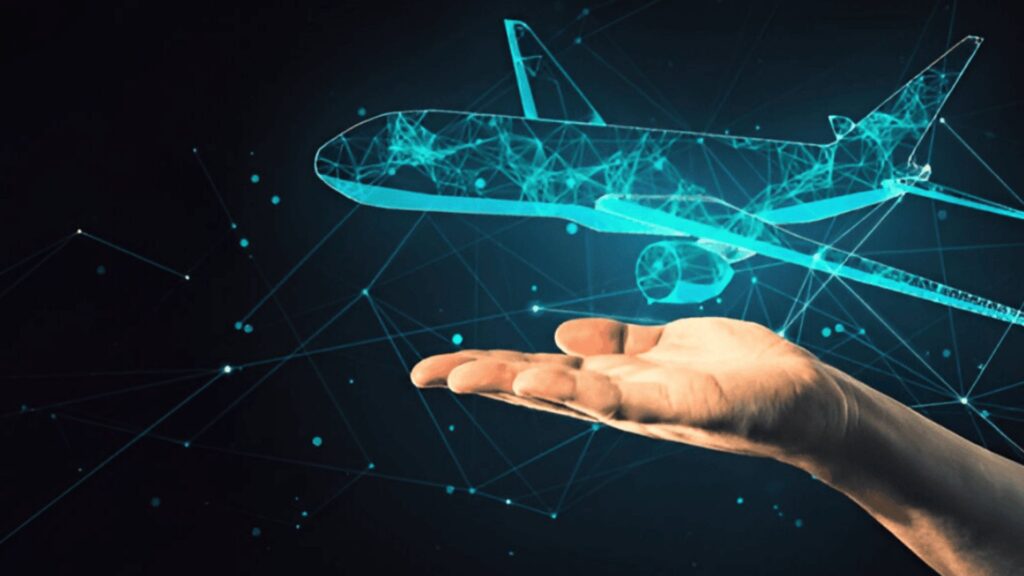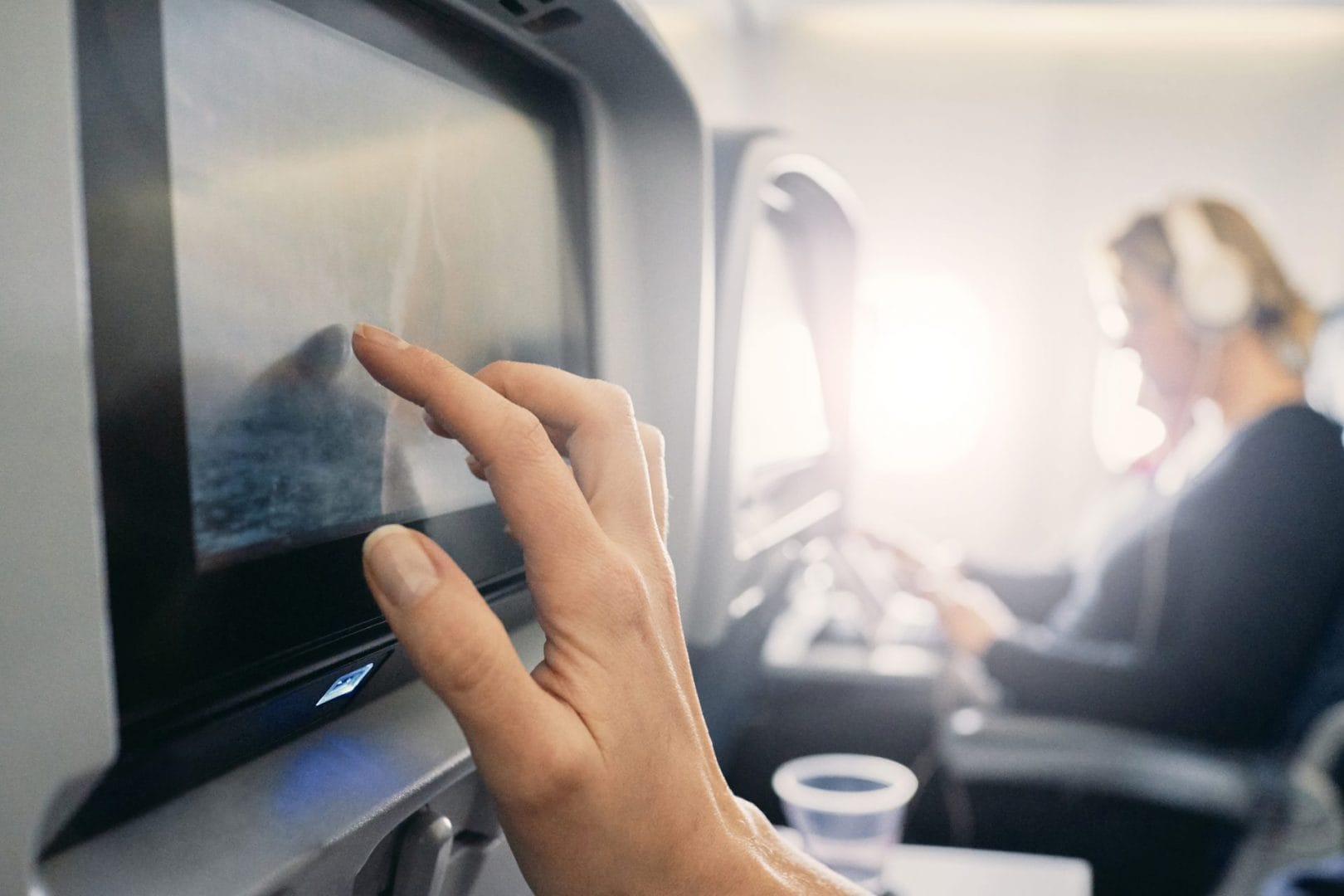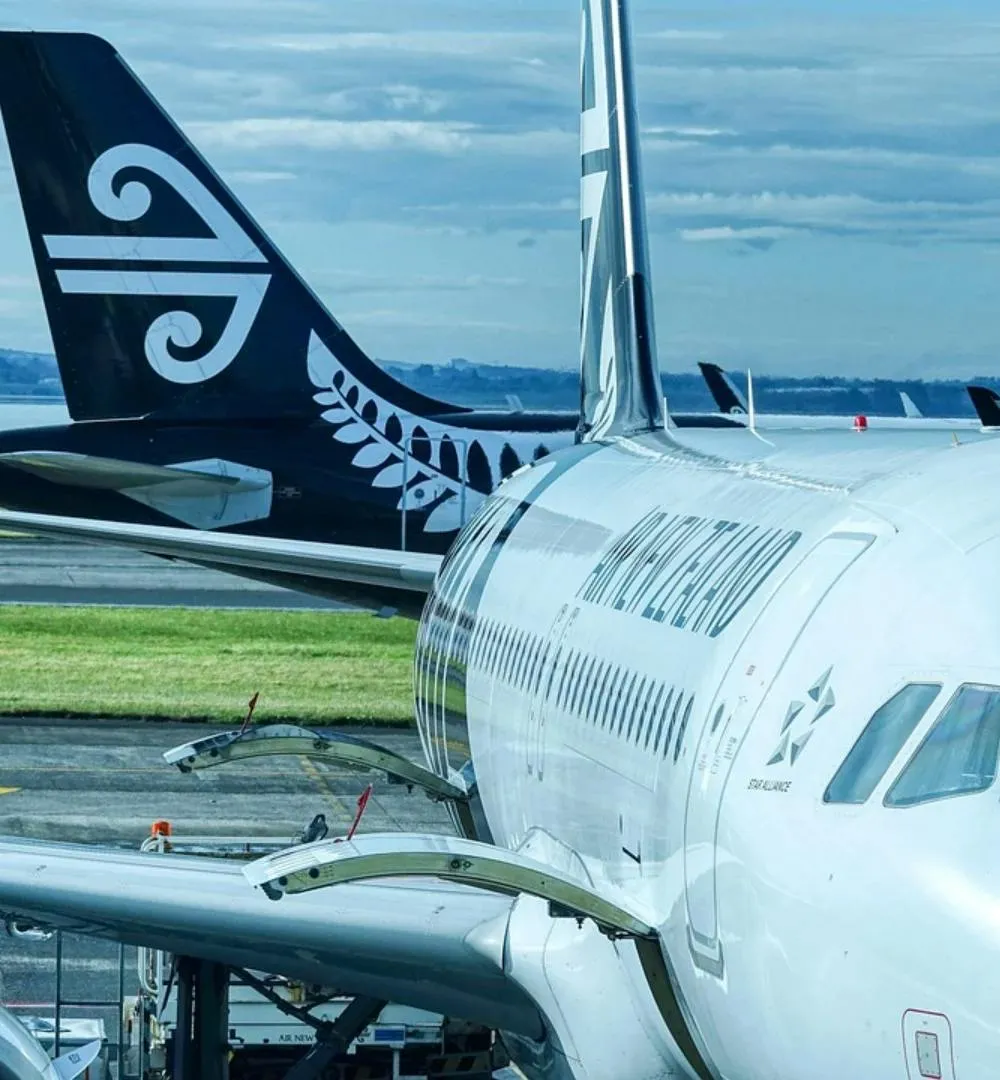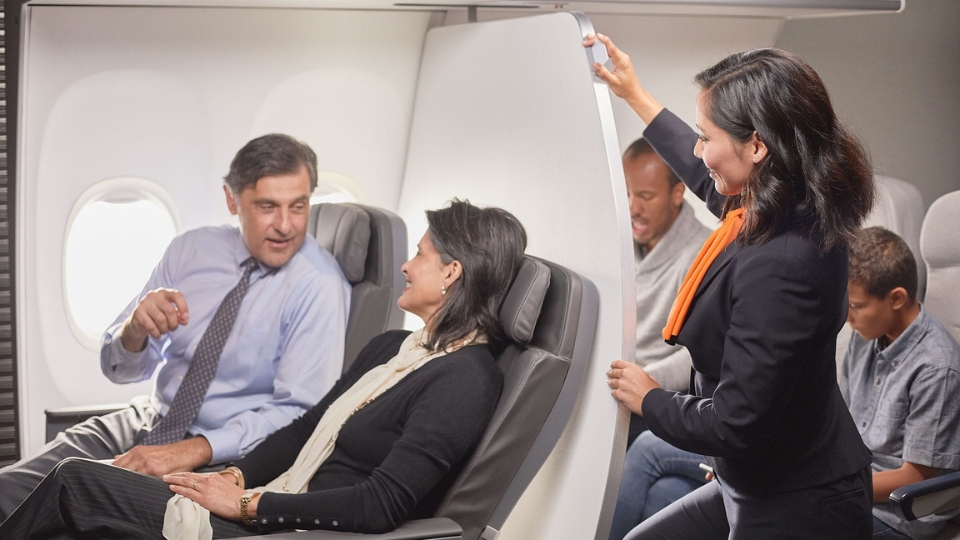In today’s fast-paced, tech-driven world, airline customer service is undergoing a digital revolution. As traveler expectations rise and competition increases, airlines are turning to digital tools and platforms to streamline interactions, improve satisfaction, and stay ahead of the curve. From AI-powered chatbots to personalized mobile apps, digital transformation is reshaping how airlines connect with their passengers—before, during, and after the flight.

Mobile Apps: Control in the Passenger’s Hands
Modern airline mobile apps have become a central hub for travelers. They allow passengers to:
-
Book and manage flights
-
Select seats and meals
-
Check in and access boarding passes
-
Track baggage in real time
-
Receive push notifications for delays or gate changes
By putting these features into a user-friendly interface, airlines reduce customer dependency on airport staff and empower travelers with self-service options.
Some airlines also integrate loyalty programs, personalized offers, and even airport maps into their apps to enhance the overall journey.
AI-Powered Chatbots and Virtual Assistants
Artificial Intelligence is now a major force in customer service. Airlines deploy AI-driven chatbots on websites, mobile apps, and messaging platforms like WhatsApp or Facebook Messenger to:
-
Answer frequently asked questions
-
Assist with bookings and changes
-
Provide real-time flight status updates
-
Help process refunds or complaints
These chatbots are available 24/7, offering instant support and freeing up human agents for more complex requests.
Some advanced virtual assistants even learn from past interactions to improve future conversations, creating a smoother, smarter service experience.
Omnichannel Communication
Today’s travelers expect to connect with airlines on their terms—whether via email, SMS, social media, or phone.
Digital transformation enables seamless, omnichannel customer service, where all platforms are connected, and customer data is shared across systems. This ensures that:
-
A customer doesn’t have to repeat themselves on every channel
-
Agents can access a traveler’s full interaction history
-
Support is consistent across touchpoints
For example, a customer may start a support chat on Twitter and finish the conversation on the airline’s app without losing context.
Data-Driven Personalization
Airlines collect massive amounts of customer data—from booking habits and loyalty activity to meal preferences and travel history. Through digital transformation, they use this data to:
-
Offer tailored promotions
-
Recommend destinations or upgrades
-
Send reminders for upcoming trips or deals
-
Personalize app or website experiences
This shift from a “one-size-fits-all” model to individualized communication creates deeper loyalty and enhances satisfaction.
Self-Service Kiosks and Touchless Travel
At the airport, digital tools are also improving the service experience. Self-service kiosks, automated bag drops, and biometric boarding gates reduce waiting times and staff workload.
With the rise of contactless travel, digital IDs, mobile boarding passes, and facial recognition are streamlining the journey from check-in to boarding—while keeping interactions safer and more efficient.
Secure, Cloud-Based Systems
Behind the scenes, airlines are moving away from legacy systems to cloud-based customer service platforms. These tools:
-
Provide real-time access to customer records
-
Support remote or mobile agents
-
Enable faster issue resolution
-
Ensure better data security and compliance
Cloud solutions make it easier to scale operations, especially during travel disruptions or seasonal spikes in demand.
Conclusion
Digital transformation is redefining airline customer service, making it faster, smarter, and more personalized than ever before. With mobile apps, AI tools, data analytics, and seamless communication channels, airlines are building customer relationships that extend far beyond the ticket counter.
As technology continues to evolve, passengers can expect even more convenience and control—and airlines will be better equipped to deliver exceptional service at every stage of the journey.















